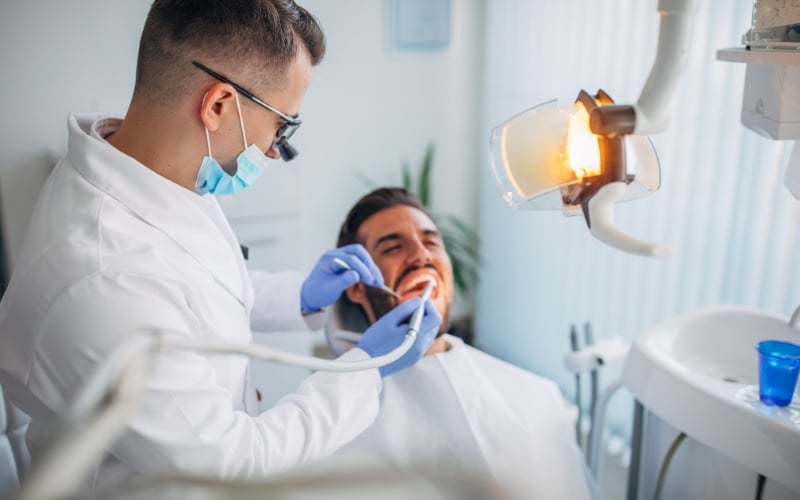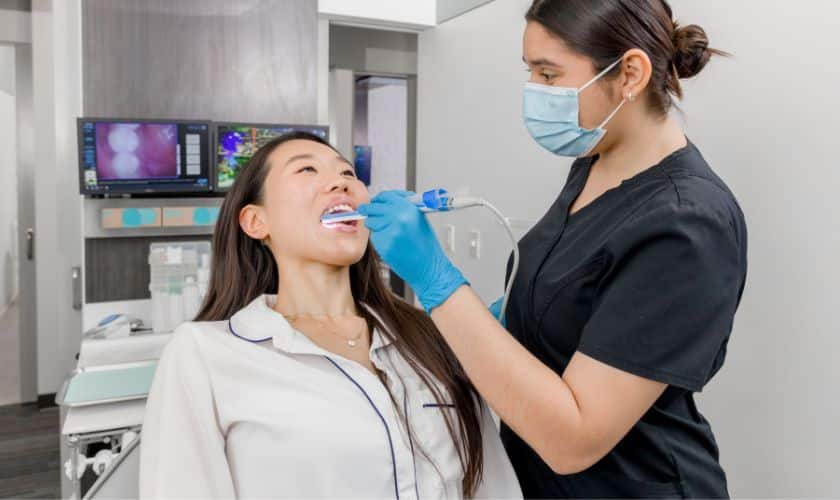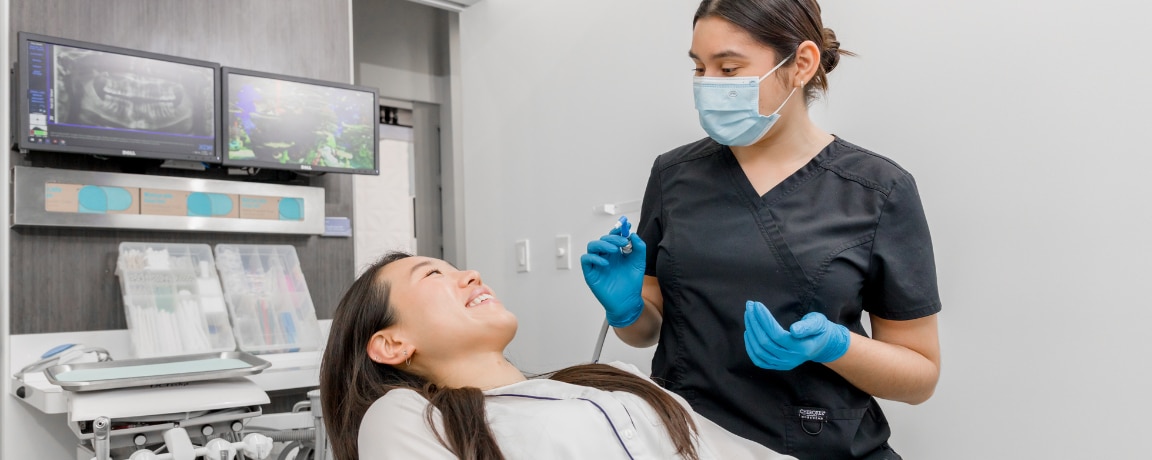Pearl Dental Blog

Why You Should Deal with a Dental Emergency Quickly?
A dental emergency can arise suddenly and often causes severe discomfort. It refers to severe toothaches, broken teeth, or knocked-out teeth that require immediate attention.
Quick action is essential in these situations. Delaying treatment can lead to increased pain, infections, or tooth loss.
Understanding the urgency can prevent more serious health problems and costly procedures. Awareness of a dental emergency can empower you to act swiftly and effectively.
Common Types of Dental Emergencies
Dental emergencies can manifest in various ways. A toothache often signals an underlying issue, such as decay or an abscess. If left untreated, it can lead to severe pain or infection. A knocked-out tooth is another urgent situation. Quick action within the first hour can sometimes save the tooth. If you delay, the chances of saving it decrease significantly.
Broken teeth can happen due to trauma or decay. If a tooth breaks, it can expose nerves and increase sensitivity. Prompt treatment can prevent further damage. An abscess is a pocket of infection that can develop at the root of a tooth. This situation requires immediate care to prevent the infection from spreading to other areas of the body.
Recognizing these emergencies and acting quickly can significantly impact the outcome. Delaying treatment may result in complicated procedures, higher costs, or permanent damage to your dental health.
Reasons to Address Dental Emergencies Promptly
Pain Management
When facing a dental emergency, severe pain often accompanies the situation. Immediate treatment can alleviate that pain quickly. Pain can disrupt your daily activities and affect your quality of life. A dentist can provide effective solutions, such as pain relief medications or treatments tailored to your condition.
Preventing Further Damage
Acting promptly can help prevent further complications. For instance, a small cavity left untreated can escalate into a root canal situation. Similarly, a knocked-out tooth has the best chance of being saved if you visit a dentist quickly. Delaying treatment can lead to infections or the loss of the tooth.
Cost-Effectiveness
Addressing dental emergencies quickly can be more cost-effective in the long run. A small problem treated immediately is usually less expensive than extensive treatments required for complications. Regular dental care can save you from significant costs later, as untreated issues often lead to complex procedures.
Maintaining Oral Health
Finally, addressing dental emergencies helps maintain your overall oral health. Ignoring issues can lead to long-term damage, resulting in a cycle of treatments. Keeping your teeth and gums healthy prevents the need for extensive dental work in the future. Regular dental check-ups can catch problems early, reducing the likelihood of emergencies.
What to Do in a Dental Emergency?
In a dental emergency, swift action can make a difference. Here is what to do in common situations:
- Toothache: Rinse your mouth with warm salt water. Over-the-counter pain relief can help until you see a dentist.
- Knocked-Out Tooth: Handle the tooth by the crown, not the root. Rinse it gently without scrubbing. If possible, place it back in the socket. If not, keep it in milk or saliva and go to the dentist immediately.
- Broken Tooth: Rinse your mouth with warm water. Apply a cold compress to reduce swelling. Seek dental help as soon as possible.
- Abscess: Rinse your mouth with salt water to alleviate pain. Avoid squeezing the abscess. Contact your dentist right away for treatment.
Avoid using aspirin directly on the gums, as it can burn tissue. Keep a dental emergency kit handy, including pain relievers, a cold compress, and gauze, to manage situations effectively.
When to Seek Professional Help?
Knowing when to seek professional help can prevent complications. Look for signs like severe tooth pain, bleeding, or swelling. If you experience difficulty swallowing or breathing, seek immediate attention.
Urgent dental care differs from regular visits. Urgent care focuses on immediate relief and treatment of acute issues. In contrast, regular visits involve check-ups, cleanings, and preventive care. If you are uncertain about the severity of your issue, it is always better to err on the side of caution and consult a dentist.
Choosing the Right Dental Emergency Provider
Selecting the right dentist for emergencies is crucial. Consider factors such as availability and location. An emergency dentist Culver City can provide quick access during urgent situations. Check their specialization in emergency care to ensure they can handle various issues.
Building a relationship with a dental professional before an emergency can ease stress. Having a trusted provider ensures you know where to go when problems arise. Establishing this connection can also lead to more personalized care, making your visits smoother and less daunting.
In conclusion, acting quickly in a dental emergency is vital. The sooner you address these issues, the better the outcome. Being proactive about your dental health and having a plan can save you from unnecessary pain and costs.
Do not wait until a dental emergency arises. Ensure you have a trusted dental professional ready to assist when needed. Taking these steps now can lead to a healthier, pain-free future.





